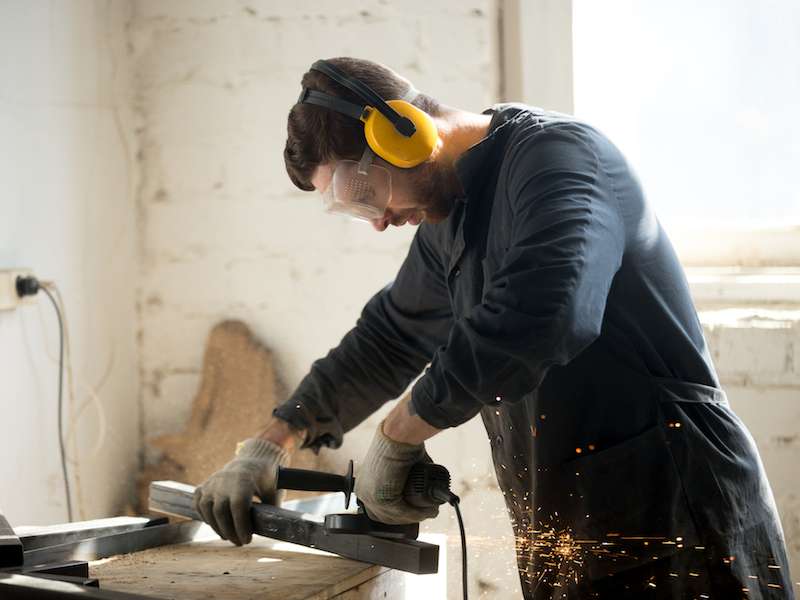
Is your hearing protection failing to safeguard your hearing? Here are 3 things to watch for.
Despite your best efforts, you can sometimes encounter things that can hinder your hearing protection, both at home and at work. And that can be aggravating. You’re attempting to do the right thing after all. You wear your earmuffs every day while working; you use earplugs when you go to a concert; and you avoid your raucous Uncle Joe who is constantly shouting in your ears (although, perhaps you just don’t really enjoy Uncle Joe).
The point is, it can be rather discouraging when you’re doing everything correctly and still there are challenges. Fortunately, you can take a few measures to protect yourself once you understand what kinds of things can impede the performance of your hearing protection. And that can ensure that your ear protection functions at peak effectiveness even when there’s a bump in the road.
1. Wearing The Wrong Kind of Hearing Protection
Hearing protection comes in two practical kinds: earmuffs and earplugs. Earplugs are small and, as the name suggests, can be inserted right into the ear canal. Earmuffs look like a pair of 70’s headphones, but instead of tunes, they offer protection for your hearing by muting external sound.
- Earplugs are encouraged when you’re in an environment where the sound is comparatively continuous.
- When loud sounds are more intermittent, earmuffs are recommended.
The reasons for that are fairly obvious: you’ll want to remove your hearing protection when it isn’t noisy, and that’s less difficult to do with earmuffs than earplugs. Earplugs are extremely easy to misplace (particularly if they’re cheap and disposable anyway), so you don’t want to be in a situation where you remove an earplug, misplace it, and then need it later.
Wear the proper form of hearing protection in the right situation and you should be fine.
2. Your Hearing Protection Can be Affected by Your Anatomy
Human anatomy is incredibly varied. That’s why your vocal cords are average sized compared to old Uncle Joe who has larger vocal cords. That’s also why you may have a smaller than average ear canal.
This can cause issues with your ear protection. Disposable earplugs, for instance, are made with a t-shirt mindset: small, medium, and large (if not one-size-fits-all). So, maybe you give up in frustration because you have tiny ear canals, and you quit using any ear protection.
This can leave you open to risk, undermining the hearing protection you were attempting to give yourself. The same thing can happen if, for example, your ears are a bit larger, making earmuff style protectors uncomfortable. If you spend a lot of time in noisy environments, it may be worth investing in custom ear protection tailored to your ears.
3. Assess if There’s Any Wear And Tear on Your Hearing Protection
If you’re wearing your hearing protection every day, you should give yourself a gold star. But day-to-day usage will result in wear and tear to your hearing protection which you need to keep an eye on.
- Examine the band on earmuff protection. The band will need to be changed if the elastic is worn out and doesn’t hold the earmuffs tight.
- Replace cushions on earmuffs from time to time (typically, when those cushions aren’t pliable, they’re ready for the heave-ho).
- Clean your hearing protection. Ears aren’t exactly the cleanest part of your body (ear wax serves a good purpose and all, but it’s still kind of… yucky). Make certain you clean your hearing protection thoroughly by taking them apart before you clean them. If you’re rinsing earplugs, don’t drop them into the drain.
Making sure you perform routine maintenance on your hearing protection is imperative if you want to continue benefiting from that protection. If you have any questions or how to do that, or how to make sure you’re prepared for things that can mess with your hearing protection, it’s a smart idea to have a frank discussion with a highly qualified hearing professional.
Your hearing is important. Taking the time to protect it right is worthwhile.